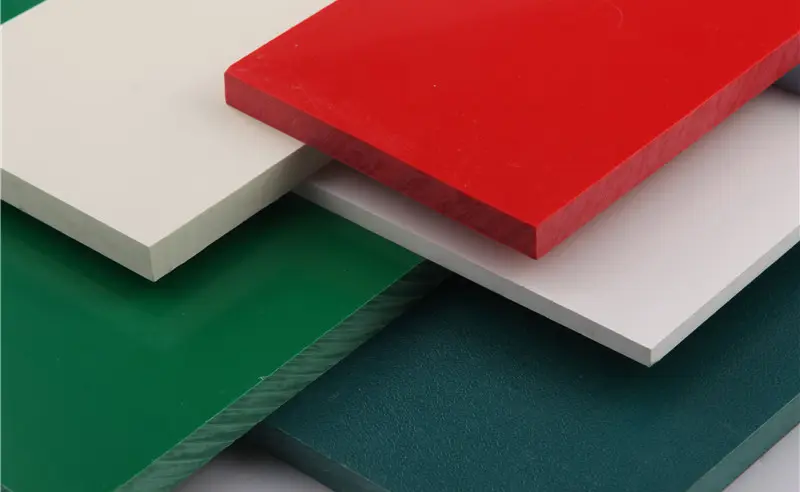Nov . 14, 2024 16:37 Back to list
hdpe pipe
Understanding HDPE Pipes Benefits and Applications
High-Density Polyethylene (HDPE) pipes have gained immense popularity across various industries due to their exceptional properties and versatility. This article delves into the characteristics, advantages, applications, and future of HDPE pipes, providing a comprehensive overview for both consumers and professionals.
What is HDPE?
High-Density Polyethylene is a thermoplastic polymer made from the monomer ethylene. This material is created through a process called polymerization, where ethylene molecules are combined to form long chains, resulting in a dense, sturdy material. HDPE is characterized by its high strength-to-density ratio, making it one of the most widely used plastic materials worldwide.
Key Benefits of HDPE Pipes
1. Durability HDPE pipes are known for their remarkable durability, with a lifespan that can exceed 50 years under normal conditions. Resistant to corrosion, rust, and bacterial growth, HDPE pipes maintain their structural integrity in various environmental conditions.
2. Lightweight and Flexible Compared to traditional materials like PVC or metal, HDPE pipes are significantly lighter, making transportation and installation easier. Their flexibility allows them to bend and adapt to different terrains, reducing the need for additional fittings.
3. Low Friction The smooth internal surface of HDPE pipes minimizes friction during fluid flow, enhancing efficiency. This property also helps in reducing energy costs associated with pumping fluids through pipelines.
4. Chemical Resistance HDPE is resistant to a wide range of chemicals, making it suitable for transporting water, chemicals, and other fluids without risk of degradation. This attribute is particularly valuable in industrial applications.
5. Environmental Impact HDPE is recyclable, which contributes to environmental sustainability. Many manufacturers use recycled HDPE to produce new pipes, and the material itself can be recycled at the end of its lifespan.
6. Cost-Effective Although the upfront cost may be higher than some conventional materials, the longevity, reduced maintenance, and energy efficiency of HDPE pipes lead to lower overall lifecycle costs.
Applications of HDPE Pipes
hdpe pipe

HDPE pipes are utilized in various sectors, showcasing their versatility
- Water Supply Systems HDPE pipes are widely used for municipal water supply lines due to their resistance to corrosion and ability to withstand high pressure.
- Wastewater and Drainage Their flexibility and durability make HDPE an excellent choice for sewer systems and drainage applications, effectively preventing leaks and infiltration.
- Agricultural Irrigation In the agricultural sector, HDPE pipes facilitate efficient irrigation practices, ensuring that water is distributed evenly across crops.
- Gas Distribution HDPE pipes are increasingly used for natural gas distribution due to their resistance to impact and ability to withstand varying temperatures.
- Mining and Quarrying In mining applications, HDPE pipes can handle abrasive materials and are resistant to many corrosive substances.
The Future of HDPE Pipes
The future of HDPE pipes looks promising, driven by advancements in technology and growing awareness of environmental sustainability. The ongoing research into improving HDPE's properties could lead to even more robust and versatile products. Furthermore, with the increasing global emphasis on infrastructure development, particularly in emerging markets, the demand for reliable pipe systems is expected to soar.
Moreover, as industries worldwide strive to reduce their carbon footprint, the use of HDPE pipes will likely be favored due to their recyclable nature and lower environmental impact compared to traditional materials.
Conclusion
In summary, HDPE pipes are a superior choice for a wide range of applications due to their durability, flexibility, and chemical resistance. With the ongoing innovations in this field and a growing emphasis on sustainability, HDPE pipes are poised to play a crucial role in future infrastructure developments. As industries continue to recognize the benefits of HDPE, its applications will only expand, further solidifying its position as a leader in piping solutions.
-
Durable PP Rigid Sheet: Lightweight, Chemical Resistant Solutions
NewsAug.21,2025
-
PVC Grey Sheet for Extraction: Chemical Resistant & Durable
NewsAug.19,2025
-
Durable PVC Pipe Fittings for Plumbing & Irrigation Needs
NewsAug.18,2025
-
HDPE Steel Belt Reinforced Spiral Corrugated Pipe | High Strength
NewsAug.17,2025
-
HDPE Pipe Fittings: Durable, Leak-Proof Solutions
NewsAug.16,2025
-
Premium CPVC Sheet: High-Temp & Chemical Resistant Solutions
NewsAug.15,2025

